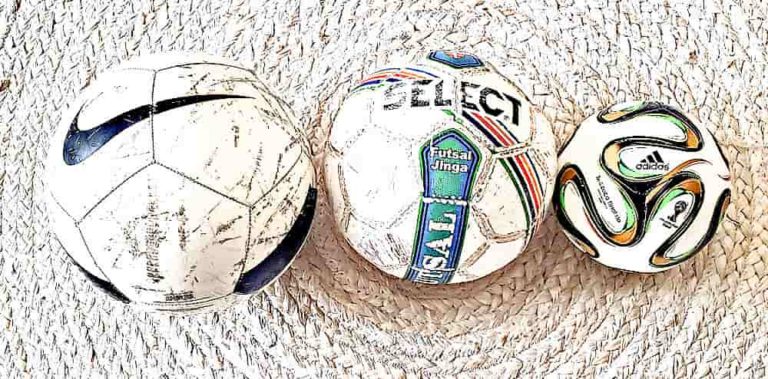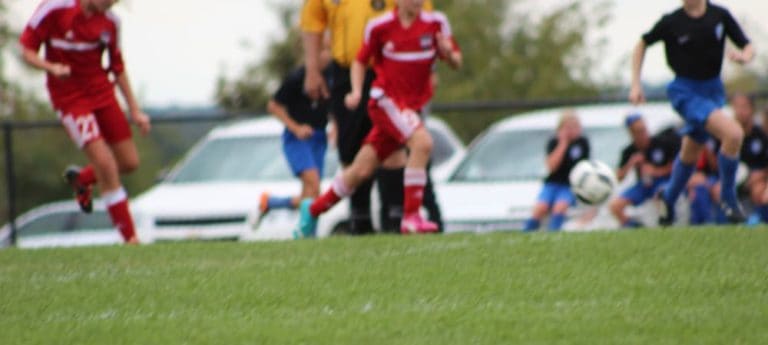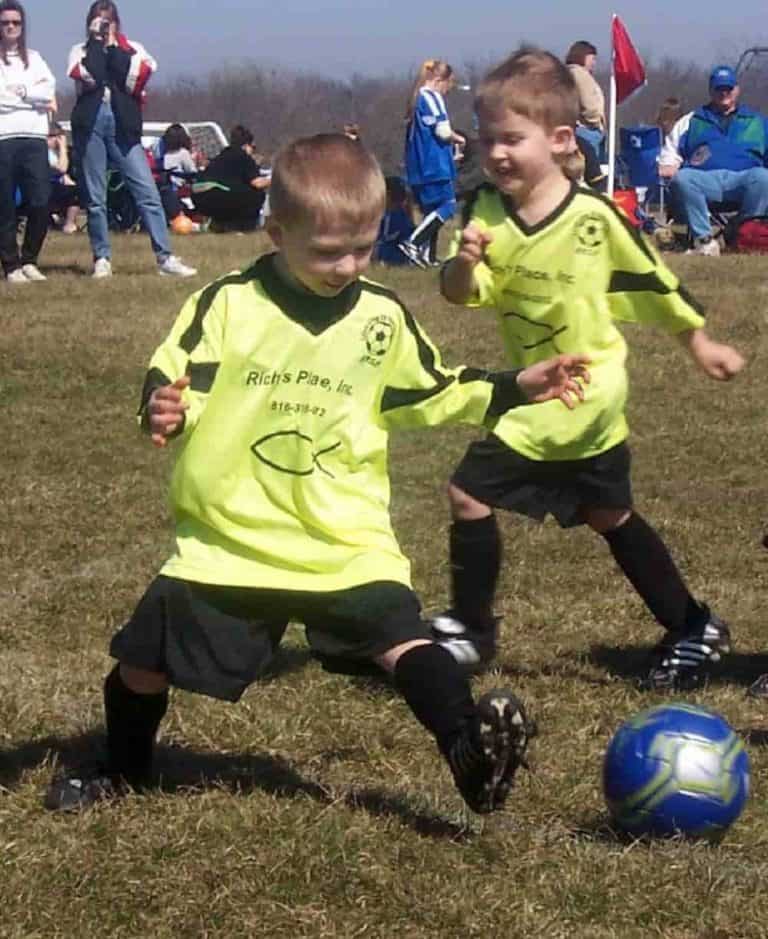What’s Wrong With Winning?
As you’ve read in my previous post, I never really intended to be a head soccer coach. I thought I could be a valuable assistant coach with my soccer background, but I didn’t know if I would have the time to be a head coach. But once I jumped in, I was in! The very first year of my coaching tenure, my team won nearly every game.
Whose team is it?
Do you see what I did there? That was a mistake — two mistakes actually. First, it wasn’t “my” team, it was the kids’ team. Second, it makes zero difference that we won nearly every game. I tell you this to demonstrate some things to watch out for. Was I a terrible coach because I cared about winning and losing and took personal ownership of the team? No — I gave the kids a good foundation with respect to the basics of soccer and competition.
That said, my focus was not in the right place. I developed players so that we could win. I should have developed the players so they could continue to improve as players as they got older.
Don’t overemphasize winning
Winning at such a young age should not be overemphasized. Notice “overemphasized”. It’s not that wanting to win has no value. Just the opposite in fact, developing a competitive spirit is part of learning to be a good soccer player. But, certainly at the youngest ages, most kids don’t care (or even know) whether they win or lose, so the focus should be on smaller goals: did you touch the ball? were you able to dribble down the field? did you have fun?
So, what’s wrong with winning? As I said, developing a competitive spirit is part of learning to be a good soccer player. The problem arises with the win at all costs philosophy. At younger ages, good soccer does not win soccer games. Let me say that again — at younger ages, good soccer does not win soccer games. Athleticism wins soccer games.
Raw Athleticism vs. Soccer Skill
I don’t care how good of a dribbler your 5 year old son is. If he comes up against another 5 year old that is bigger, faster and stronger, he’s going to lose. Differences in athleticism and maturity at younger ages can be stark. Those differences can’t be made up with soccer skill.
I remember the beginning of a U9 girls game that I was coaching. My team was filled with extremely gifted athletes. The opposing team kicked the game off by passing the ball back and then stringing several passes together in their own half. That sort of possession based tactic is a big deal for teams at that age. Honestly, it looked impressive… for about 2 minutes. As they were doing that, though, I remember thinking to myself, “we’re going to absolutely run over this team” — and we absolutely did until I pulled my girls back and had them start working on specific passing and dribbling skills.
Soccer skill in the long run
The allure of a winning record is hard to resist in favor of developing soccer skills. Many clubs and many coaches will claim to value development over results, but very few actually walk the walk. It’s easy to let athletes do their thing and overpower less athletic or less mature players. Here’s the thing, though — as kids get older the differences in athleticism become smaller and smaller. At some point, soccer skill starts to win out over raw athleticism. If your child isn’t ready for that, they’re going to have a difficult time finding success as they grow up.
One of my daughter’s previous coaches used to talk about “taking the athleticism out of the game”. That sounds crazy! Athleticism is a key part of the game. But, what he was trying to do was to keep my daughter from using her athletic gifts and force her to develop her soccer skills.
He used tactics that were entirely counterintuitive, but he had a purpose and a plan. He would often require the defenders to dribble directly in front of the goal. What?! Kids should never dribble in front of the goal on defense. It’s too easy for the opponent to steal the ball and score. But, he didn’t care about the score, he wanted to put his players under pressure so they could learn to deal with it. As hard as it was to watch my daughter’s team take beating after beating against inferior teams, his method worked. They got better. Their confidence in dribbling the ball in tight spaces with extreme pressure improved immensely.
There has to be a balance
I will say that there has to be a balance. Losing all the time will not only turn off competitive parents, it will also discourage talented kids. At some point, there has to be a reward to all of the development, and it can’t be years down the road — it must be more immediate. Also, many competitive leagues are structured with a promotion / relegation system. The team will have to win some to play at an appropriate level, which is essential to high end development.
There’s nothing wrong with winning!
The truth is there’s nothing wrong with winning and, in fact, there’s a lot of value in learning to win. But, at younger ages, the balance should be more in favor of development over a winning record. As your child starts to approach high school, winning should naturally become more important, but it’s a sliding scale and development should remain a major goal.
So, how do you find a good developmental situation for your budding soccer star? I’ll go over some things to watch out for in my next post. Thanks for stopping by!







